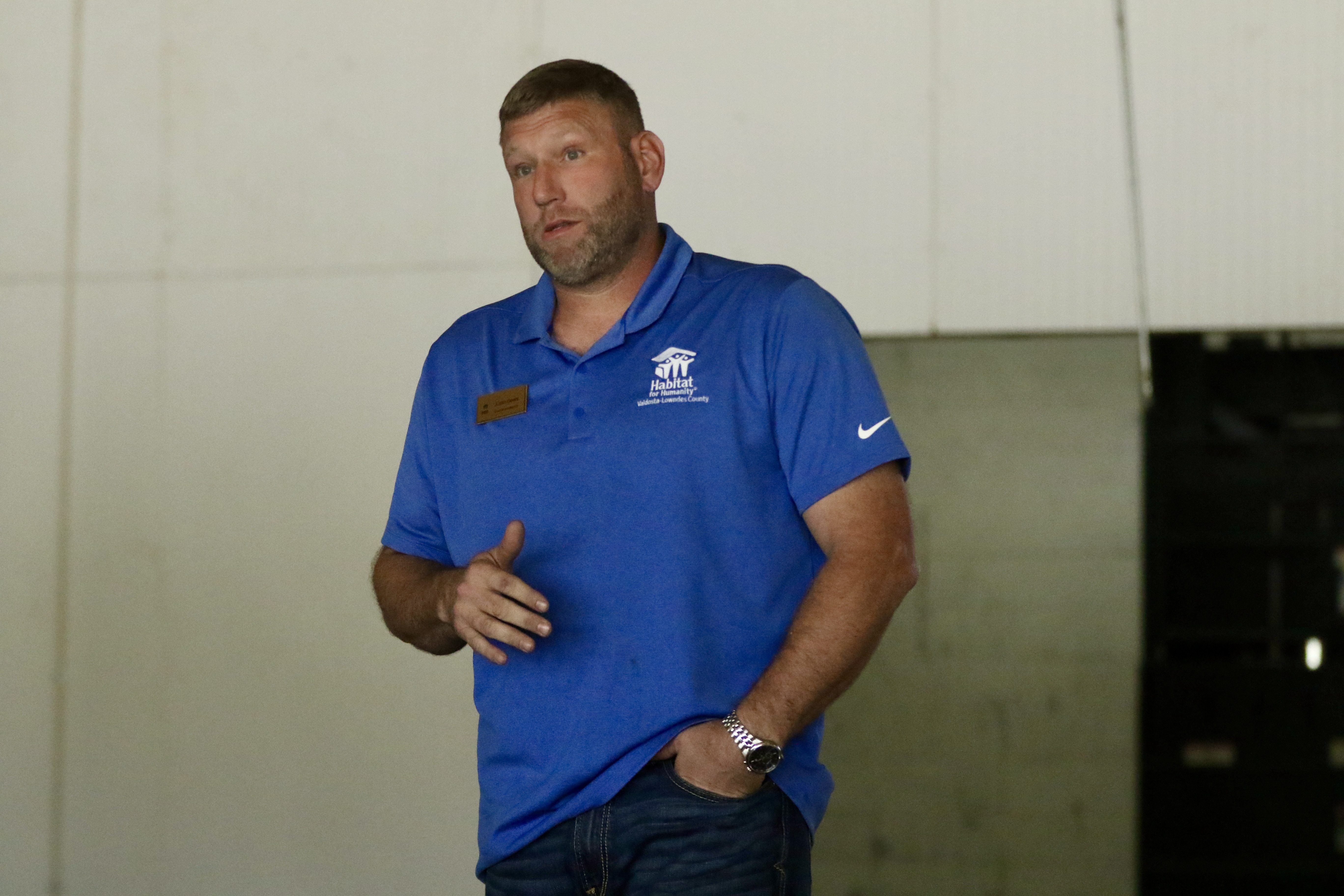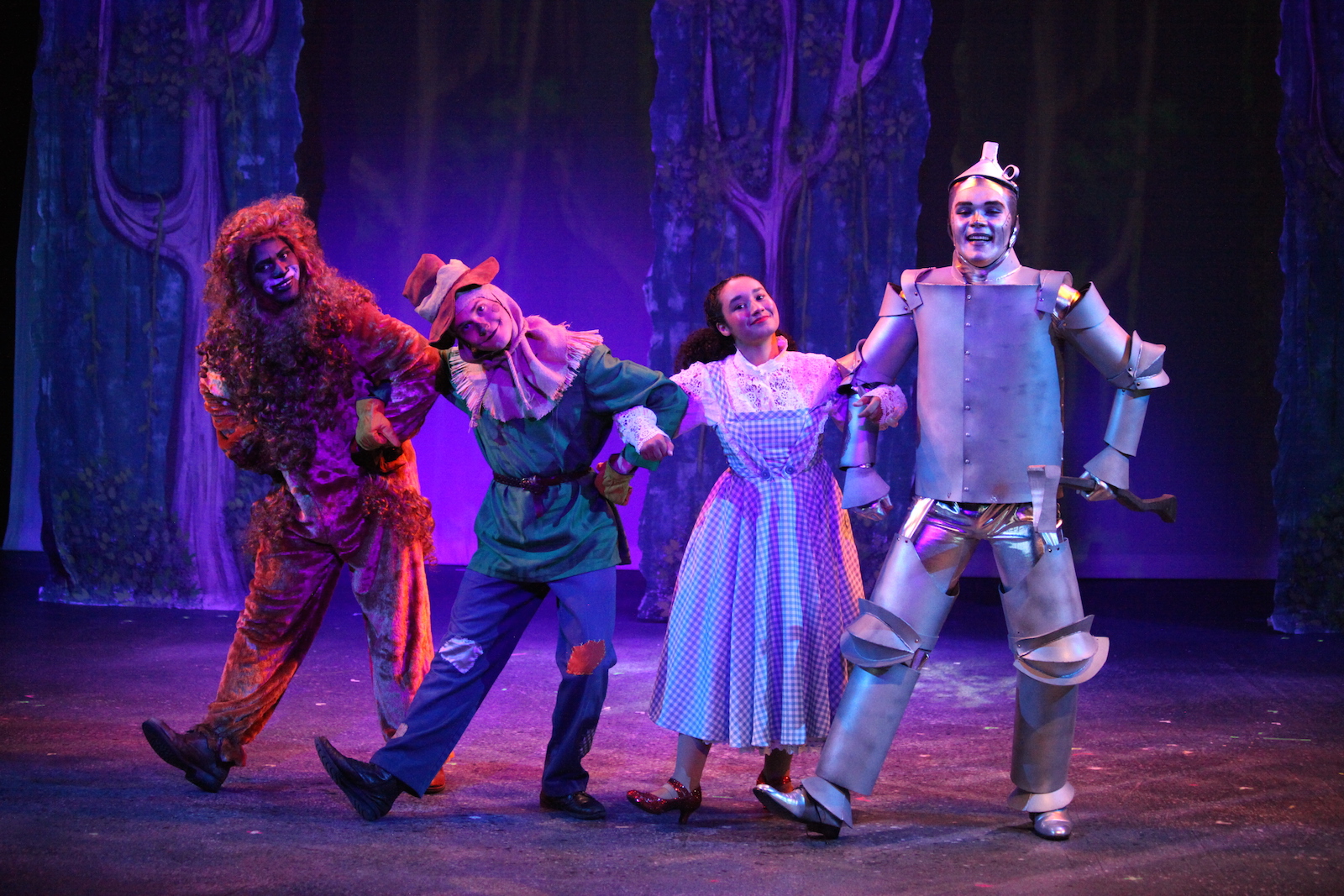ETHRIDGE: Book bans reveal short-sightedness in schools
Published 5:00 am Wednesday, February 9, 2022

- ETHRIDGE: Book bans reveal short-sightedness in schools
From my days in kindergarten to now as an adult in my mid-20s, comics have been a major part of my life. Because of that I’ve never taken kindly to what I perceive as disrespect to the art form.
And yes, comics are an art form.
The word “art” has no universally defined definition, but Merriam-Webster defines it as “something that is created with imagination and skill and that is beautiful or that expresses important ideas or feelings.”
Many teachers and even parents questioned me on the value of comics as art and literature, especially in the midst of the “25-book campaign” the DeKalb County School System made its students take part in.
Most of the 25-plus books I read when I took part in seventh and eighth grade were comics. As I record the books I read, I had to describe what the books were about and what I learned from them.
Essentially, it forced me to answer questions I once refused to answer, not because I didn’t know what to say but because my issues with authority always made me think “How dare you question my interests.”
Seeing the question “What did you learn from this book?” on the book report form struck a different chord. It felt like a chance to enlighten rather than an attack on my interests.
It made me get to thinking and then to writing.
The portrayal of Norman Osborn/Green Goblin in “Ultimate Comics: Spider-Man” showed me how obsession and overzealousness can lead to insane actions that may lead to the death of yourself, those that you love and the targets of your aggression.
“Watchmen” taught me how comics, which were once war propaganda (you know the old buy war bonds comics Captain America was once a mascot for), could turn into anti-war propaganda about how humans may destroy themselves if they don’t come together.
Of course, “Watchmen,” like so many other pieces of literature, has much more meaning than just that.
There were also the more inspirational stories like — and this is a hard take — “Spider-Man: Reign” which regaled a tale of a hero struggling to overcome the pain of the past to save the people around him. It told a grotesque tale of love (romantic, familial, obsessive, etc,) and realization.
I read these stories — the comics with heavier themes — between the ages of 8-17, from fifth to 12th grade, which led to my desire to become a writer, reporter and an English major.
For that fact, I find it disrespectful that the McMinn County Board of Education in Tennessee voted to remove “Maus” from the county’s schools.
“Maus” is a Pulitzer Prize-winning graphic novel depicting a father’s harrowing Holocaust survival story as he tells it to his son of which he has a strained relationship.
The book, according to the McMinn County Board of Education’s statement on the matter, was removed “because of its unnecessary use of profanity and nudity and its depiction of violence and suicide.”
It was considered too “adult-oriented” for use.
While the statement said “Maus’” value is not diminished and that they don’t dispute the importance of teaching children about the Holocaust, I believe this action does the opposite.
The statement says the McMinn County School System wants to teach the Holocaust in an “age-appropriate fashion”; however, the Holocaust could never be age-appropriate.
The Holocaust was horrible anti-Semitic effort by Nazi Germany that killed six million European Jews and at least five million prisoners of war, Romany, Jehovah’s Witnesses, homosexuals and others, according to the World War II Museum in New Orleans.
These victims were often gassed or worked to death, starved, tortured, broken and had to watch so many of their loved ones die. You can’t imagine the trauma, generational or otherwise, that comes from this.
With “Maus” being an accurate account of a Holocaust survivor’s story — the author, Art Spiegelman, interviewed his father, Vladek, for the book — it is an offense to say the graphic novel isn’t being undervalued with this ban.
But let’s go another route. Let’s say this censorship is a good thing for the K-12 students and they can learn about the Holocaust, as well as other horrible events, in an age-appropriate way — a way that lacks a certain depiction of murder and suicide for instance.
The school system would have to ask itself at this point what else should be reevaluated from this perspective — it must ask what else depicts violence and suicide in the curriculum.
Shakespeare’s many plays (i.e. “Romeo and Juliet,” “Othello,” “Hamlet,” etc.) depict violence and suicide, “The Monkey’s Paw” by W.W. Jacobs depicts death and “The Most Dangerous Game” by Richard Connell depicts false camaraderie that leads to murder.
Sure, these texts are violent, grotesque and aren’t necessarily age-appropriate, but neither is life. These texts evoked imagination, showed the worst of human nature and gave something to discern multiple meanings.
But there are no multiple meanings with the Holocaust and is not age-appropriate. It is traumatic and students need to understand that. In understanding and learning about such a harrowing event, we task our students, the future generations, to make sure something like it doesn’t happen again.
It is similar to how my seventh-grade social studies teacher, Ms. Combre, wanted us to watch “Hotel Rwanda” to learn about the genocide of the Tutsis by Hutu extremists in Rwanda.
My class learned from a secondary source of the dangers of that conflict, which caused us to ask many questions. We wanted to know why this was happening and why would people act like this toward people who were just like them with the exception of their skin color.
Sounds familiar right? It’s questions and the thoughts that come from such pieces of controversial media that bring on a mindset about being better than those that would harm others.
The McMinn County School System is at a loss as it is belittling an event, belittling someone’s story and belittling an art form.
If students within the McMinn School System are to only learn their history in an age-appropriate manner then no history should be taught because history isn’t age-appropriate. History, while filled with goodness, on the other hand, is filled with war, sexual assault, prejudice, betrayal and so many other non-age-appropriate topics.
Here’s looking at the Revolutionary War, the “Rape of Nanking” in World War II, the Civil Rights era and the Trail of Tears.
Learning these non-age-appropriate topics helps students become better people than the generations that came before them and no one should stand in the way of that.
The McMinn County School System is a disappointment to the education system and a traitor to its slogan “Excellence in action.”
Bryce Ethridge is a reporter with The Valdosta Daily Times.





